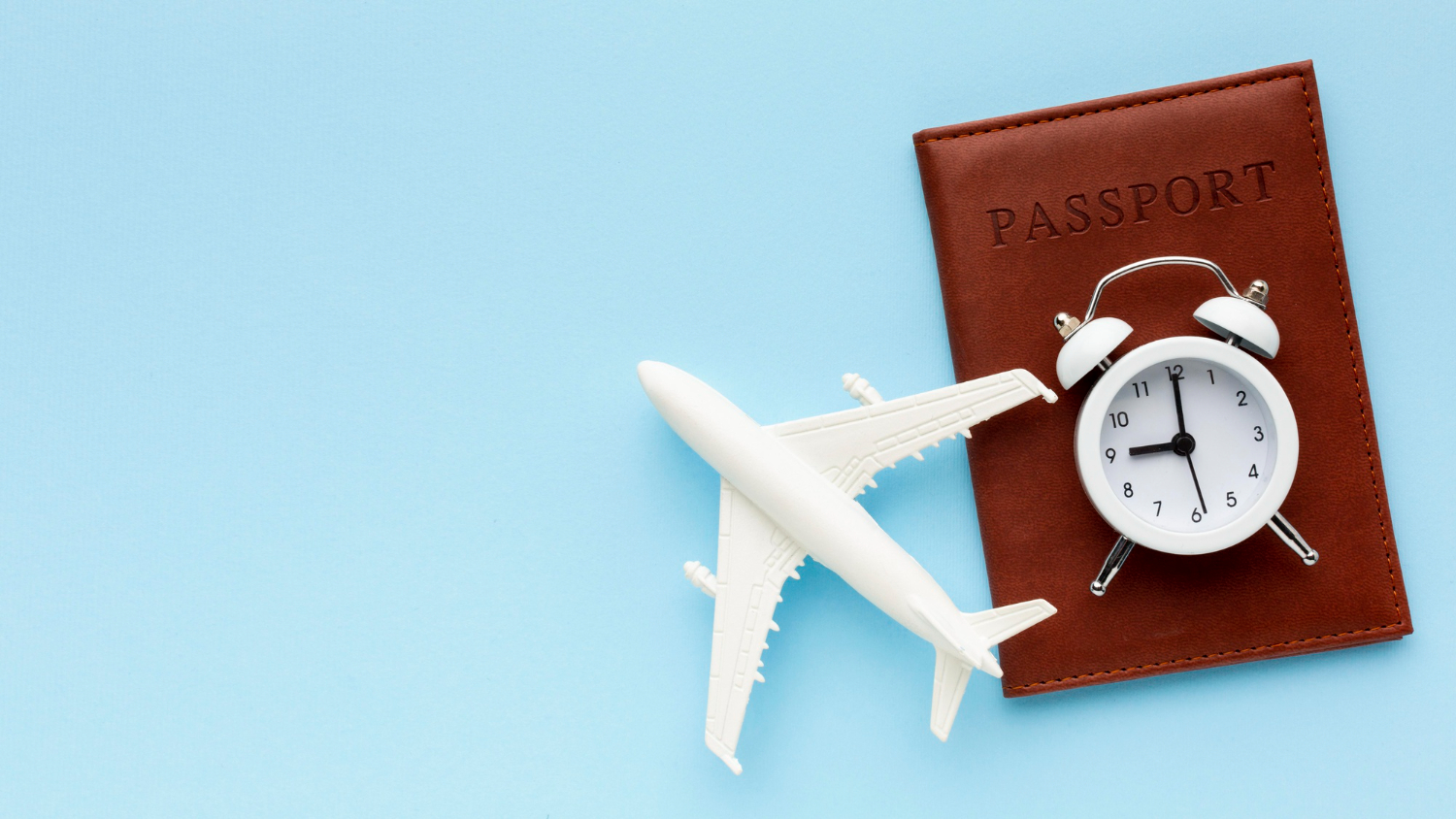
LASIK (Laser-Assisted In Situ Keratomileusis) is a popular vision correction procedure that offers freedom from glasses and contact lenses for many individuals. However, one common concern among patients is whether they can travel or fly after undergoing LASIK surgery. We will delve into the intricacies of flying after LASIK, addressing important factors such as recovery time, precautions, and tips for a comfortable travel experience.
Recovery Period and Recommendations
Initial Healing Phase
Immediately after LASIK surgery, it is generally recommended to avoid air travel for at least 24 to 48 hours. During this initial healing phase, your eyes may experience mild sensations as they adjust, but this is a natural part of the recovery process. Avoiding air travel during this time allows your eyes to adapt gradually, minimizing potential exposure to environmental factors like dry cabin air or air pressure changes that could temporarily disrupt your healing experience. By prioritizing this brief period of rest, you’re creating an optimal environment for your eyes to steadily regain clarity and comfort.
Waiting Period for Flying
While there is no definitive restriction on flying after LASIK, most ophthalmologists suggest waiting at least one week before embarking on air travel. This waiting period allows your eyes to fully recover and adapt to the vision correction, minimizing the risk of complications or discomfort during flight.
Precautions and Tips for Flying After LASIK
Hydration and Eye Drops
Dry cabin air can exacerbate dry eye symptoms, which are common after LASIK surgery. To combat this, it is essential to stay hydrated by drinking plenty of water before, during, and after your flight. Additionally, carry preservative-free eye drops with you and use them liberally throughout your journey to keep your eyes lubricated.


Avoiding Rubbing and Touching Eyes
It is crucial to avoid rubbing or touching your eyes during and after your flight. The cabin pressure changes and dry air can make your eyes feel uncomfortable, but rubbing them can potentially disrupt the healing process or introduce harmful bacteria.
Wearing Sunglasses
In the weeks after your LASIK surgery, your eyes may experience a temporary heightened sensitivity to bright light. This is a natural part of the healing process. Consider wearing sunglasses, both inside the airport and during the flight. These protective lenses can help minimize any potential eye strain or discomfort caused by glare, providing a comfort for your eyes to continue healing.

Long-Haul Flights and Overnight Travel
For longer flights or overnight travel, it is recommended to follow the same precautions as mentioned above. Additionally, consider the following tips:
- Stay hydrated by drinking water regularly and avoiding caffeinated or alcoholic beverages, which can contribute to dehydration.
- Use a moisture mask to combat the dry cabin air.
– Avoid sleeping with your eyes open, as this can lead to dryness and discomfort. Flying after LASIK surgery is generally safe, provided you follow the recommended waiting period and take necessary precautions. By staying hydrated, avoiding eye rubbing, wearing sunglasses, you can ensure a comfortable and hassle-free travel experience. Remember, your ophthalmologist’s guidance should always take precedence, and if you experience any unusual symptoms or discomfort, seek medical attention promptly.


